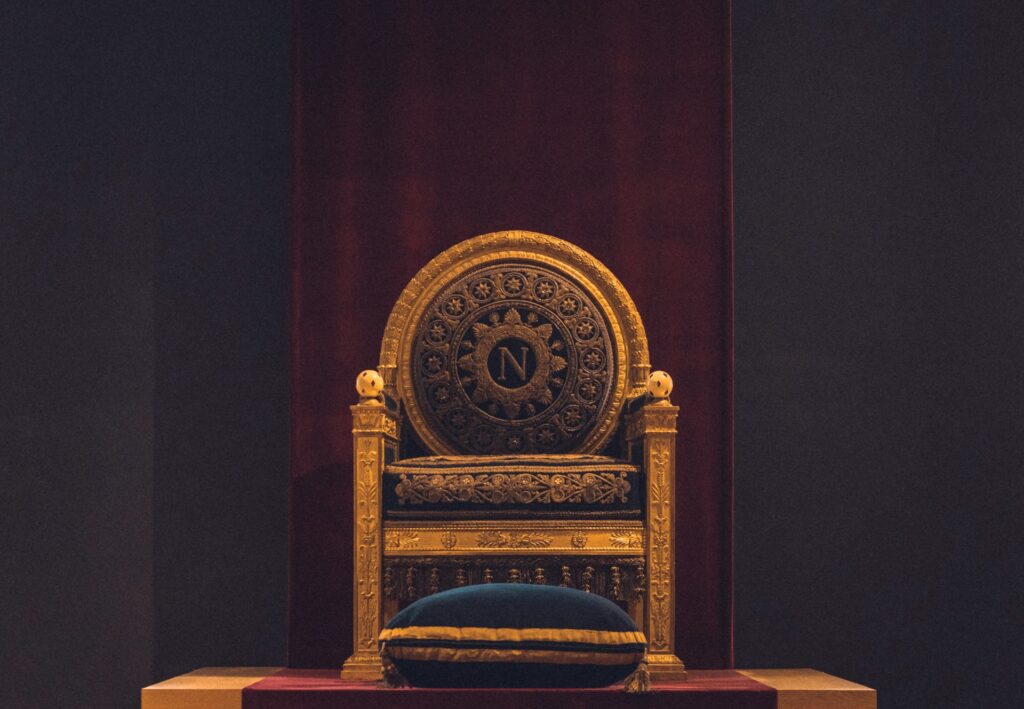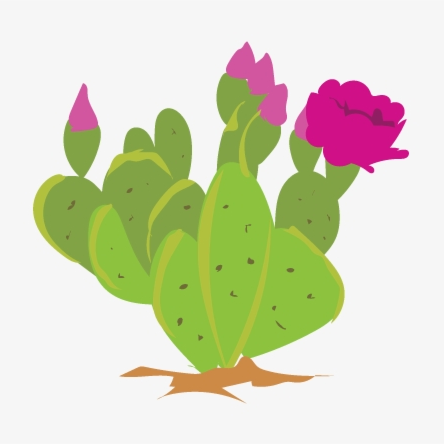Hugging our Cactus: The Limits of Politics

As the election anxiety ramps up and as we begin to think more collectively as a nation, I thought it might be a good time to invite us to hug our cactus as a nation and as a planet. Although most of the content of “hug your cactus” is geared towards individuals and small local communities, I was challenged by a friend to consider also shedding some light on the bigger picture problems of our world.
Before I begin, although some of what is shared in this series could be chosen to be interpreted as “political,” that is far from our goal. Chris & I, along with our friends who will contribute from time to time, believe that political solutions can only paint at the edges of the core issues that plague us as humans. Deep down, the cause of every struggle, every injustice, and every kind of suffering is sin. Better put, we live in a broken world that tends to break people, things, and produce broken systems and institutions. Another friend has suggested that politics, in its current partisan form, is a cactus that we must embrace if we ever wish to move forward. We are invited to surrender our ego, our need to be right and our compulsion towards winning. And surrender almost always feels like dying.
Even so, the reality of sin and our suspicion of simplistic solutions that can fit on bumper stickers, lawn signs, and thirty second ads should not preclude us from at least asking question:
What would it look like if more humans got together to “hug our cactus?”
First, I believe we begin with humility. We are as much a part of any problem as we are a part of the solution. In short, the kinds of cultural cancers we wish to address lie within our very hearts and souls. Like chemotherapy, the side-effects and unintended consequences that tend to accompany any political solution frequently become as burdensome as the burden we wanted to fix in the first place. This leads us to our higher power, to seek healing from something beyond ourselves.
We need “The Great Physician,” we need “Jehovah Rapha,” not another campaign slogan.
G.K. Chesterton helps us understand what government and religion can accomplish and how foolishly prideful we become to trust in solutions that rely exclusively on the government.
One thing, of course must be said to clear the ground. Political or economic reform will not make us good or happy, but until this odd period nobody ever expected that they would. Now, I know there is a feeling that Government can do anything. But if Government could do anything, nothing would exist except Government. Men have found the need of other forces. Religion, for instance, existed in order to do what law cannot do—to track crime to its primary sin, and the man to his back bedroom. The Church endeavored to institute a machinery of pardon. The State can only free society from the criminal; the Church sought to free the criminal from the crime. Abolish religion if you like. But do not be surprised if a machinery that was never meant to do anything but secure external decency and order fails to secure internal honesty and peace.
–G.K. Chesterton, His letter to the editor of the “Daily News” in 1905
I am always impressed at the variety of tools various craftsman, handymen, mechanics, and the like have at their disposal. Sadly, our society seems fixated on only using the cultural equivalent of a sledgehammer: yelling angrily at the opposing side. Again, government and laws can only control some external behaviors. Only a spirituality rooted in grace and forgiveness can free us from the impulses that cause all the problems in the first place (Luther even separated government and religion into two “kingdoms” whose goals were the “rule of law” and the “spread of the gospel”).
So how does this relate to “hugging our cactus?”
He has shown you, O mortal, what is good.
And what does the LORD require of you?
But act justly, and to love mercy,
And to walk humbly with your God.
–Micah 6:8 (NIV)
Yes, let’s try to make the world a better place; but, let’s try to always do it in a manner that seeks to be merciful, always humbled by the reality that we’re mere mortals. So, being guided by mercy teaches us to surrender our right to crush our political enemies when we win; being guided by love teaches us to treat our partisan counterparts with respect and patience when things are stuck in logjams and feedback loops. When we live by faith and not by fear, we gain a wider perspective and learn to not overreact to any particular election result.
No matter what happens with the election, God will still be on His throne.
In the year of King Uzziah’s death I saw the Lord sitting on a throne,
–Isaiah 6:1a (NLT)
Isaiah sees a vision of the heavenly throne room filled with majesty and glory and holiness; at the same time on earth, one of the most successful kings in the history of Judah was dead (he ruled for 55 years and enjoyed more economic and military prosperity than almost any other king). An earthly throne was empty. Heaven’s throne will always be occupied by the King of Kings and Lord of Lords.
It felt like the day after JFK was assassinated. The whole country wasn’t just in mourning; their political and economic prosperity was threatened. With inflation and our nation divided almost literally in half over this election, we face serious and worrisome threats.
But God is still sitting on His throne. Take heart and be kind. God will be victorious and His Kingdom will advance, often in spite of us. What a relief. Amen.
